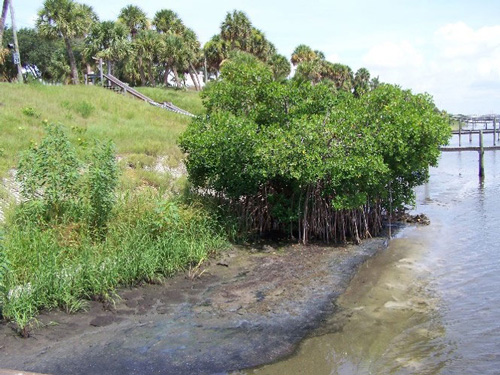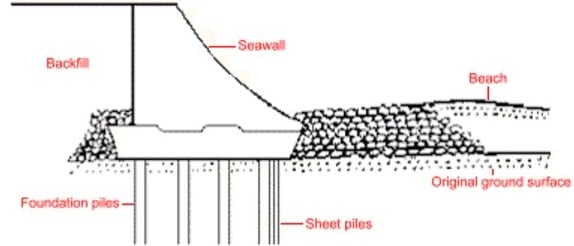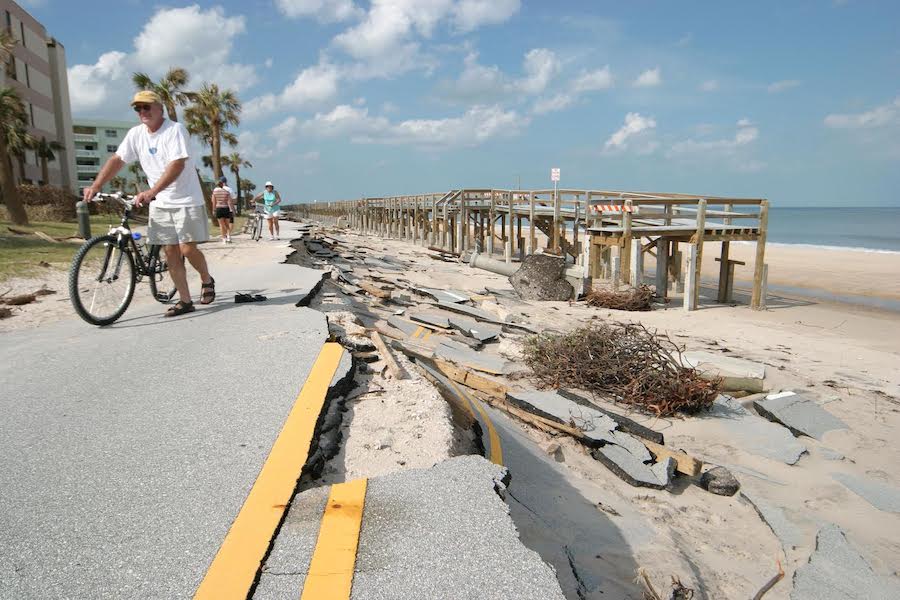Our Shore Protect Team Diaries
The Basic Principles Of Shore Protect Team
Table of ContentsThe smart Trick of Shore Protect Team That Nobody is Talking AboutExamine This Report about Shore Protect TeamShore Protect Team Can Be Fun For AnyoneShore Protect Team Fundamentals ExplainedThe Only Guide for Shore Protect TeamLittle Known Facts About Shore Protect Team.Some Known Details About Shore Protect Team
Decline in building worth: As the location tourist is impacted by erosion, so after that is the economic situation. Buyers are much less likely to look for a coastline residence that can be damaged at any moment by the upcoming flooding and erosion emergency. Consequently, building worth can drop tremendously and influence the whole region.Whether a beach is just tiny and crowded or has to shut completely for the safety and security of the ecological community and neighboring properties, this significantly affects tourism. Subsequently, neighborhood economic situations are impacted (https://www.empowher.com/users/shrprtcttm). Risk of injury: The increased risk of flooding and architectural failures causes an enhanced risk of injury to neighboring tourists and area members

Shoreline stabilization is directly associated to their work. Beachfront resorts: Because shoreline erosion impacts tourism, it influences the success of waterfront hotels.
Fascination About Shore Protect Team
Coastal business organizations: No travelers implies no company. Coastal state parks: State parks that exist along shorelines are at danger of damage.
Soft stabilization is a far better service for the setting and more sustainable overall. Difficult stabilization utilizes manufactured structures as security to manage disintegration. Generally, these frameworks are mounted at ideal angles or parallel to stop sand movement and minimize the force of waves. A lot of forms of hard stablizing like seawalls and sheet steel are not suitable for coastline stabilization.
The 8-Minute Rule for Shore Protect Team
There's also not nearly enough proof of their effectiveness depending on the type of coastline and neighborhood problems. Hard stabilization techniques often tend to be harder to install and don't match the natural visual, protruding like an aching thumb and hurting local environments in several circumstances. Coastline nutrition is the procedure of including lost sand and debris back to coastlines after erosion has occurred.
TrapBags help in the procedure of beach sustenance by shielding all-natural ecological communities and allowing plants to grow. They're: Environmentally friendly: You can utilize native dirt both to border and to fill the TrapBags.

The Ultimate Guide To Shore Protect Team
They can also be installed without any kind of heavy machinery. Inexpensive: TrapBags are optimal for both tiny and big locations of coastline.
The proper seawall design counts on location-specific aspects, including surrounding erosion processes. There are three primary kinds of seawalls: vertical, bent, stepped, and piles (see table listed below). A record published by the United Nations Atmosphere Program (UNEP) suggests that the tsunami of 26 December 2004 created much less damages in the areas where all-natural obstacles were existing, such as mangroves, coral reefs or seaside plants.
Natural obstacles, such as reef and mangrove forests, prevent the spread of tidal waves and the flow of coastal waters and reduced the flood and rise of water. A cost-benefit approach is a reliable way to establish whether a seawall is proper and whether the advantages deserve the expenditure.
More About Shore Protect Team
A seawall is a static feature which can clash with the vibrant nature of the coast and restrain the exchange of debris in between land and sea. Advantages and disadvantages of seawalls according to Short (1999) Benefits Downsides Lengthy term remedy in comparison to soft coastline nourishment (http://localzz101.com/directory/listingdisplay.aspx?lid=85355).

This can create coastlines to dissipate, providing them pointless for beach goers. Usually, seawalls can be a successful method to control seaside erosion, yet only if they are built well and out of materials that can stand up to the pressure of continuous wave power. Some understanding is needed of the coastal procedures and morphodynamics specific to the seawall area.
Shore Protect Team Can Be Fun For Everyone
Integrated with a high building expense, this has actually caused enhancing use other soft engineering coastal management options such as beach replenishment. Seawalls are built from numerous materials, many frequently reinforced concrete, stones, steel, or gabions. Other possible building materials include plastic, wood, aluminum, fiberglass composite, and naturally degradable sandbags made of jute and coir. The ideal seawall design depends on location-specific elements, including bordering erosion procedures. There are 3 main kinds of seawalls: upright, rounded, stepped, and mounds (see table listed below). A record released by the United Nations Atmosphere Program (UNEP) suggests that the tsunami of 26 December 2004 caused less damage in the locations where natural barriers existed, such as mangroves, reef or coastal greenery.
All-natural obstacles, such as coral reefs and mangrove forests, avoid the spread of tsunamis and the flow of coastal waters and minimized the flooding and rise of water. A cost-benefit strategy is an efficient means to determine whether a seawall is ideal and whether the advantages are worth the cost.
Some Known Questions About Shore Protect Team.
A seawall is a fixed feature which can contravene the dynamic nature of the shore and restrain the exchange of debris in between land and sea. The table listed below sums up some positive and adverse impacts of seawalls which can be utilized when comparing their effectiveness with various other seaside administration alternatives, such as coastline sustenance. [] Advantages and disadvantages of seawalls according to Short (1999) Benefits Negative aspects Long-term option in comparison to soft beach nutrition. bulkhead services.

This can trigger beaches to dissipate, making them pointless for coastline goers. Normally, seawalls can be an effective way to regulate seaside erosion, but just if they are built well and out of materials that can stand up to the force of continuous wave power.